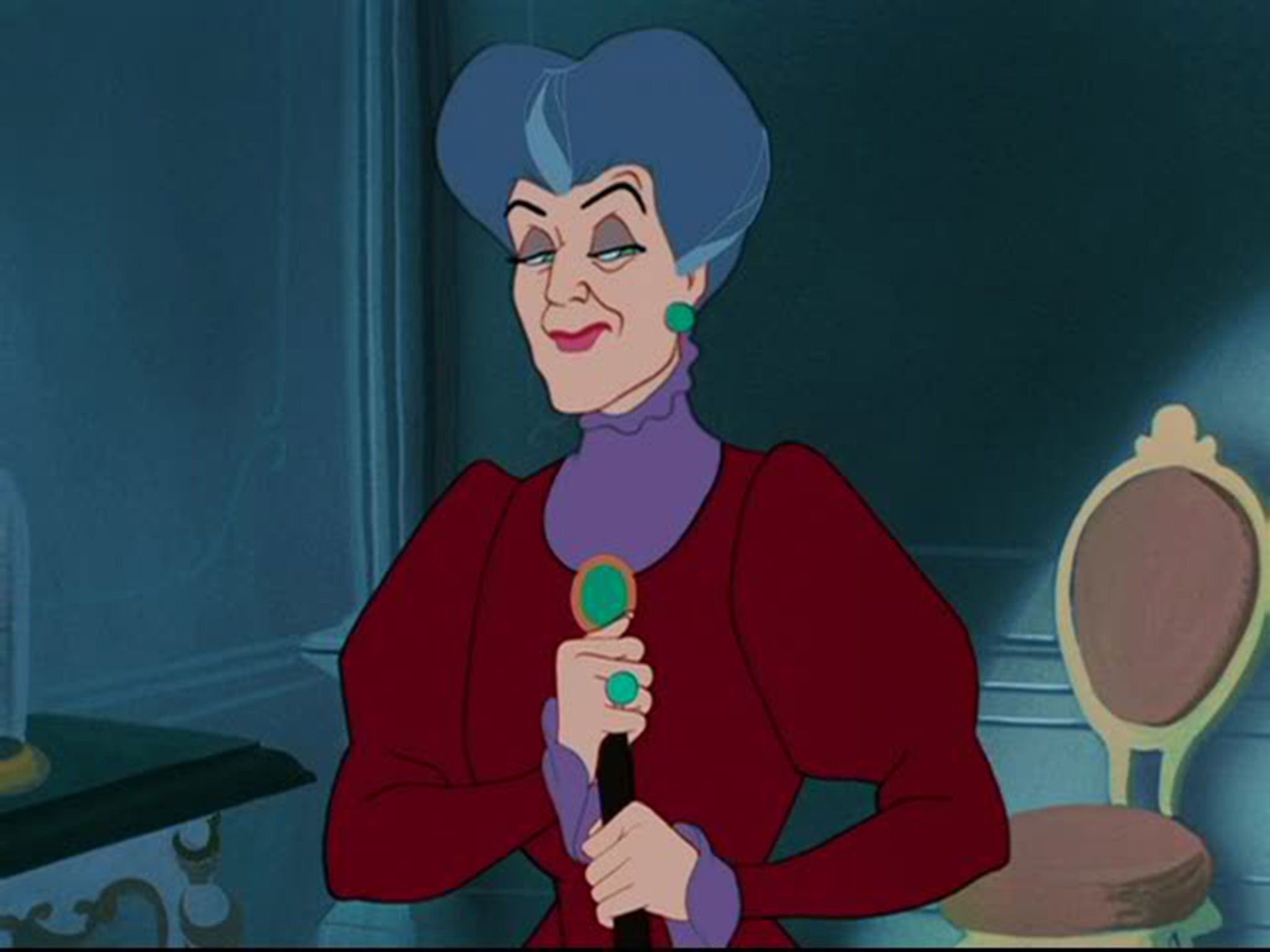When it comes to inheritance, David Copperfield had it right
The late Anna Nicole Smith might be said to have truly earned hers, but look how that worked out

If skimming through the Cliffs Notes for The Illustrated Charles Dickens has taught me anything, it's that inheritance is one area in which poor little rich kids really do have it tough.
I thought of the modern-day Martin Chuzzlewits and Pip Pirrips this week when changes to the inheritance law came into force. From 1 October step-parents (evil or otherwise) are entitled to a greater share when their spouse dies; and where a married couple have no children, the surviving spouse gets everything. Since these provisions leave little or no money to be divided up among long-lost relatives, it's now less likely there'll be any cheques in the post from mysterious benefactors.
Perhaps that's for the best. Wealth passed between generations is a fundamental cause of social inequality, but that's not even the chief reason why inheritors can come to regret their predicament. Money causes rows. When money gets tangled up with grief and love, those rows turn into rifts which last for decades.
We know – or should know – that affection can't be quantified in monetary terms, but that is the impossible task that writing a will requires. The equal division of property sounds fair, but is it if one sibling took on a greater share of the elderly parents' care? And what if giving a dutiful son more means missing an opportunity to set a prodigal daughter back on the right track? There is no way to reciprocate love with money, because love given in exchange for money hardly deserves the name. There's also no fair way to decide who "earned" what, because there's nothing fair about receiving wealth which someone else worked for.
There are exceptions, of course. The late Anna Nicole Smith – a modern-day Dickens heroine if ever there was one – might be said to have truly earned her inheritance, but look how that worked out. Miss Smith was a 26-year-old Playboy model when she married the 89-year-old oil tycoon J Howard Marshall in 1994. It was a deal with terms implicitly understood not only by the couple, but by anyone with a head for business. He got to spend his twilight years pawing at young, bouncy flesh and she got half of his millions.
Seems fair, no? Not to Marshall's son E Pierce Marshall it didn't. He contested Smith's claim, resulting in a legal wrangle of Jarndyce vs Jarndyce proportions. It dragged on not just beyond the death of E Pierce Marshall in 2006, but also beyond the death of Anna Nicole Smith, at 39, the following year. That $1.6bn fortune might as well have been cold air in a locked suitcase for all the joy it brought them.

That's the trouble with money. You can't take it with you, but you can't leave it behind either. Or, at least, it's better not to if you want your heirs to have family ties which don't depreciate in value. Far better for everyone to make their own way in this world. That's what David Copperfield did, anyway.
Addicted to the quick fix
Won't it be great when medical science has invented a magic pill for all that ails us. A pill to wake us up and a pill to make us feel full, a pill to help us concentrate and a pill to help us relax, and if you're thinking "a large G&T does all that for me already", then there's a pill for you too, my friend.
Soon, anyone who drinks more than half a bottle of wine or three pints a night will be eligible for an NHS prescription of "nalmefene", which works by blocking the part of the brain that makes drinking pleasurable.
The National Institute for Health and Care Excellence (Nice) has recommended the drug after trials which showed it cut drinking by 61 per cent when used in conjunction with counselling. "In conjunction with counselling" is the key phrase here, because a pill addresses only the physical component of alcoholism. Addiction of any sort is intractable precisely because it is never merely physical; it is always psychological and social as well.
Medication plus counselling will give addicts the best chance of recovery and, in the long term, will also save the NHS money. But the NHS is cash-strapped now. How long before counselling is deemed too expensive for alcoholics and nalmefene is prescribed as a cure in its own right?
Better than nothing, you might think, but we fail addicts when we buy into the myth of the cure-all. After all, wanting a quick fix for a complex problem is often what sends people reaching for the bottle in the first place. Or, to adapt one of Homer Simpson's best toasts, here's to drugs: the cause of, and solution to, all of life's problems.
Sick idea, Boris
Like the bad-meaning-good amateur etymologists that you are, you'll already be aware of the process by which a word can come to serve as its own antonym. One theory is that these slang usages are meant to confuse any outsiders which the group wishes to exclude.
It's telling, then, that the latest "opposite‑slang" coinage comes from the Mayor of London, Boris Johnson. Last Friday, when Johnson approved the construction of 98 "affordable" flats on the site of the old Mount Pleasant sorting office in London, the meaning of "affordable" changed for ever.
Occupants of these flats will be charged rents of up to £2,800 which, according to the measure used by housing experts, is only affordable if you make £100,800 a year. Thus "affordable" no longer means affordable. "Affordable" now means "so eye-wateringly expensive that the banks of the Thames will soon overflow with the tears of London's destitute".
Cheryl the peril
Who dares stare into a mirror and say the name "Cheryl Cole" three times? Legend has it, her ghost will appear and scratch your eyes out. A more hi-tech version of the same thrill can be had by typing the name into Google just once.
Research by the web security provider McAfee reveals this is the celebrity search term most likely to conjure up viruses, phishing scams and other horrors, with an estimated 15 per cent of results containing malware links.
Lucky, then, that the name no longer belongs to the glycerine-teared X Factor judge. Did you think Cheryl Tweedy-Cole-Fernandez-Versini's ever-changing moniker was a consequence of her exciting love life? Think again. She's just doing her bit for global internet security.

Join our commenting forum
Join thought-provoking conversations, follow other Independent readers and see their replies